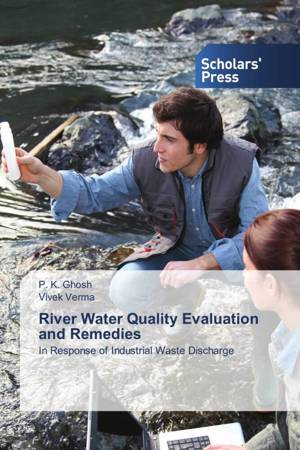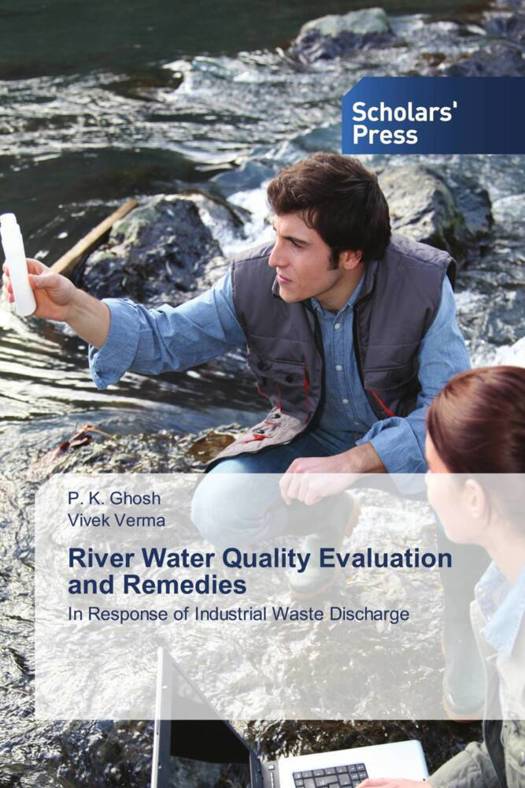
- Afhalen na 1 uur in een winkel met voorraad
- Gratis thuislevering in België vanaf € 30
- Ruim aanbod met 7 miljoen producten
- Afhalen na 1 uur in een winkel met voorraad
- Gratis thuislevering in België vanaf € 30
- Ruim aanbod met 7 miljoen producten
Zoeken
€ 97,45
+ 194 punten
Omschrijving
This book investigates the pollution of the Sheonath River in India, analyzing the impact of industrial and domestic waste over two years. The study examines the river's declining water quality through physico-chemical and biological assessments, revealing high levels of pollutants such as heavy metals, organic waste, and nutrients. These contaminants have disrupted the river's self-purification process, affecting aquatic ecosystems and making the water unsuitable for human consumption. The research identifies indicator organisms to evaluate water health and correlates pollution levels with industrial discharges. To mitigate contamination, the authors propose sustainable remediation methods, including bioreactors, aerated lagoons, and the Integrated Aquatic Macrophyte-Based System (IAMBS), which uses aquatic plants for natural filtration. The book underscores the urgency of effective waste management and ecological restoration to safeguard the Sheonath River and other freshwater resources from further degradation.
Specificaties
Betrokkenen
- Auteur(s):
- Uitgeverij:
Inhoud
- Aantal bladzijden:
- 212
- Taal:
- Engels
Eigenschappen
- Productcode (EAN):
- 9783659838057
- Verschijningsdatum:
- 14/04/2025
- Uitvoering:
- Paperback
- Formaat:
- Trade paperback (VS)
- Afmetingen:
- 152 mm x 229 mm
- Gewicht:
- 290 g

Alleen bij Standaard Boekhandel
+ 194 punten op je klantenkaart van Standaard Boekhandel
Beoordelingen
We publiceren alleen reviews die voldoen aan de voorwaarden voor reviews. Bekijk onze voorwaarden voor reviews.











